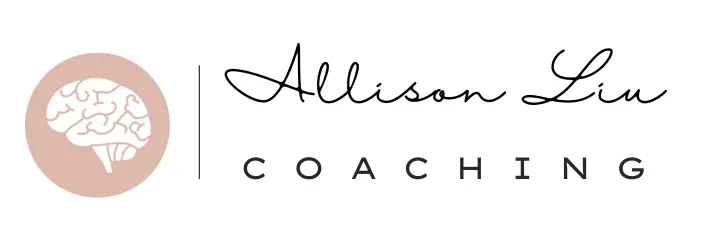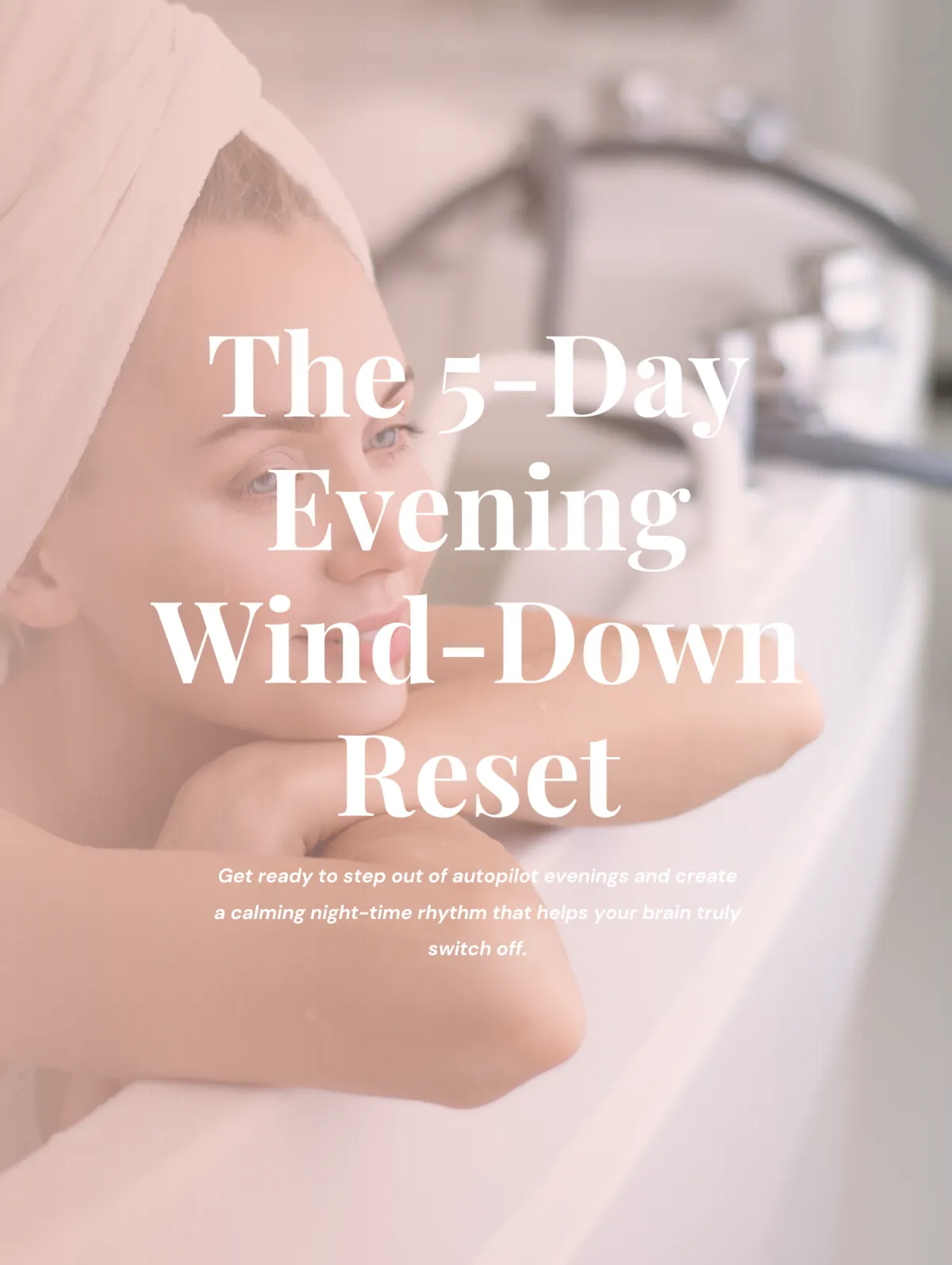
Protect Your Hearing: One Of The Most Powerful Ways To Protect Your Brain
"There is a clear association between hearing loss and dementia … Protecting your hearing is protecting your brain" Dr Dale Bredesen, world-renowned expert on neurodegeneration and author of The Ageless Brain.
When we think about staying mentally sharp in midlife, we often consider food, exercise, sleep, and reducing stress. But there’s another, often overlooked, pillar of brain health that deserves our attention - hearing.
Research is now making it very clear: how well we hear in midlife plays a powerful role in how well our brain functions as we age. And like many causes of cognitive decline, this one is preventable when caught early.
The Powerful Hearing-Brain Connection
A major study from the Johns Hopkins Bloomberg School of Public Health, published in 2023, looked at 2,413 older adults and found something striking:
Those with moderate to severe hearing loss had a 61% higher prevalence of dementia compared with those with normal hearing.
But - and this is crucial - among people with hearing loss, those who used hearing aids had around a 32% lower prevalence of dementia than those who did not.
In other words: it’s not just hearing loss that’s the issue - it’s untreated hearing loss.
Why Would Hearing Affect The Brain?
When hearing begins to decline, the brain is forced to work significantly harder to decode unclear sound signals. Instead of using its energy for memory, focus, creativity or problem-solving, it must divert extra resources simply to process what’s being said. Over time, this constant cognitive strain can lead to fatigue, reduced attention span, and ultimately faster cognitive decline.
There’s also a social cost. People who find it difficult to follow conversations, especially in group or noisy environments, often start withdrawing subtly without even realising it. They may avoid gatherings, stop joining in conversations, or choose quiet over connection. And we know from research that social isolation is one of the strongest risk factors for dementia, even more so than things like high blood pressure or smoking.
Finally, “use it or lose it” applies here too. When parts of the brain stop receiving strong sensory input, like sound, they begin to weaken and shrink. Areas of the auditory cortex, which normally process sound and language, can gradually reduce in size when they are underused. This structural change can ripple out into neighbouring brain regions, affecting memory, emotion and even balance.
Ultimately, when you protect your hearing you protect your brain.
What You Can Do Now
The good news is that you don’t have to wait until something is “bad enough.” In fact, the earlier you take action, the more powerfully you protect your brain.
1. Book A Baseline Hearing Test
Most people monitor their vision, blood pressure or cholesterol - but not their hearing. Yet hearing loss often begins gradually in your 40s or 50s, long before you “notice.” A simple baseline hearing test gives you a reference point and allows future changes to be spotted early. Aim to test every 2-3 years from your mid-40s onwards - or sooner if you’re noticing shifts.
2. Turn The Volume Down
If you use headphones or earbuds regularly, follow the 60/60 rule: no more than 60% volume for longer than 60 minutes. The damage caused by loud sound is cumulative - and your ears don’t warn you until harm has already begun. If people nearby can hear your headphones - that volume is already too high.
3. Wear Ear Protection
Whether you’re at a live concert, using a lawnmower, playing music, drilling walls, or even working in loud cafés - regular exposure to high-decibel environments causes permanent damage over time. Keep ear-plugs in your coat, bag or car. You might feel self-conscious for five seconds - but your future brain will thank you for decades.
4. Support Your Blood Flow and Metabolism
The tiny hair cells inside your inner ear rely on healthy circulation to function. That means high blood pressure, high blood sugar, and high inflammation - the same issues that threaten your brain - can quietly damage your hearing too. Every choice you make to eat nutrient-dense food, sleep deeply, stay hydrated and move your body daily, is a hearing-protective choice as well.
5. Don't Ignore Early Signs
Hearing loss doesn’t always start with “I can’t hear.” It often begins with “I struggle when there’s background noise” or “I catch 80% of what people say and guess the rest.” If you find yourself leaning in, smiling politely, or avoiding restaurants with chatter, that is your prompt to act. Don’t wait until conversations become frustrating - that’s many years too late.
6. Be Open To Hearing Support If You Need It
Today’s hearing technology is discreet, smart, and incredibly effective - nothing like what existed even a decade ago. And the research is clear: those who treat their hearing loss dramatically reduce their risk of cognitive decline and dementia. Hearing aids aren’t a sign of ageing - they’re a sign of protecting your independence, confidence and brain longevity.
Make This Part Of Your Long-Term Brain-Health Routine
This isn’t about fear - it’s about empowerment. Just like planning regular dental checks or eye tests, you can make hearing care a natural, proactive part of protecting your future self.
We are designed to fully experience conversation, laughter, music, whispered prayer - and your brain thrives when it receives clear, high-quality input. Protecting your hearing isn’t just about avoiding embarrassment - it’s about preserving your ability to connect deeply, think clearly and stay confidently engaged with the world around you.
Would you like more practical, brain-healthy strategies like these?
Join us in Sharp Minds - where we take small steps each month to build brain-healthy habits that last a lifetime.






